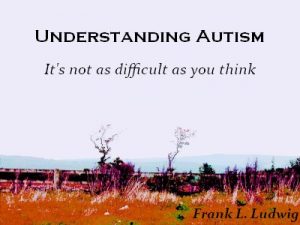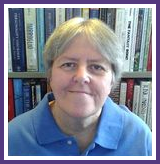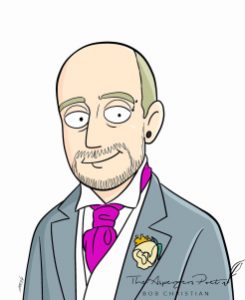Autism Advocacy New Year’s Resolution List
Ring in the New Year with a commitment to doing what you can to improve autism acceptance in your home and your community. But you’re busy. Everyone is. So I’ve compiled some simple, practical advocacy tips that are easy to implement, but yield positive results.
…








